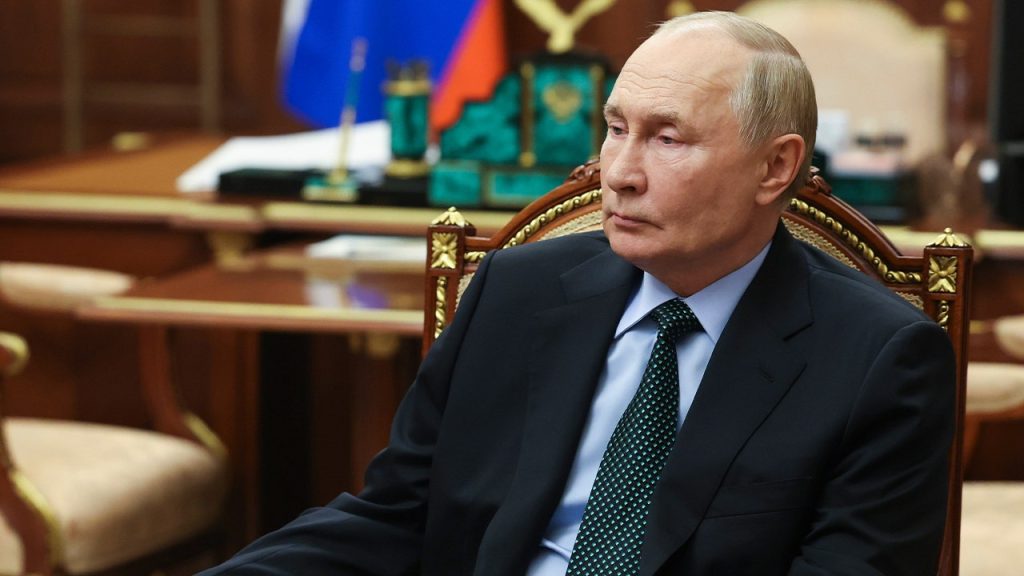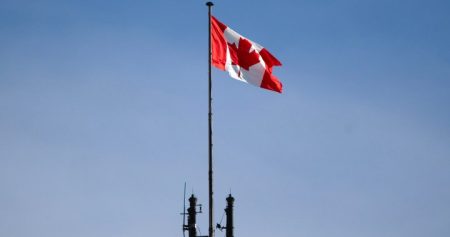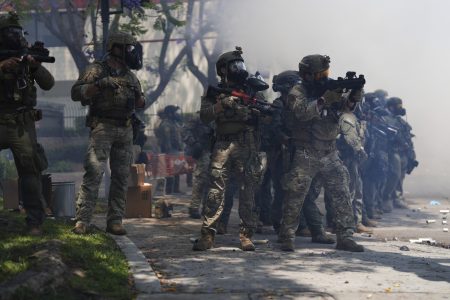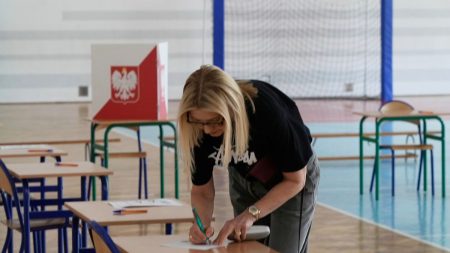Russia’s Debt Forgiveness Program for Military Recruits: A Parallel to US Student Loan Forgiveness?
Russian President Vladimir Putin has introduced a debt forgiveness program for new military recruits, raising comparisons to the student loan forgiveness initiatives undertaken by the Biden administration in the United States. While the contexts and target groups differ significantly, both initiatives involve government intervention in debt relief, prompting discussions about their respective motivations and potential implications.
Putin’s program, enacted in November 2023, allows individuals joining the Russian military after December 1, 2024, to have debts of up to 10 million rubles (approximately $96,000) written off. This applies to debts with court-ordered collection proceedings initiated before December 1, 2024, and extends to the spouses of new recruits. The move is seen as an attempt to bolster recruitment amid the ongoing conflict in Ukraine, where Russia has reportedly faced challenges maintaining troop strength.
In contrast, the Biden administration’s student loan forgiveness programs, totaling nearly $180 billion and benefiting almost 5 million borrowers, focus on relieving the burden of student debt for a broader segment of the population, particularly public servants. The administration argues that these programs incentivize public service careers by offering loan forgiveness after 120 qualifying monthly payments. While both the Russian and US initiatives involve debt relief, they are driven by distinct objectives: military recruitment in Russia versus support for public service and economic relief in the US.
Russia’s Recruitment Challenges and Controversial Tactics
Russia’s debt forgiveness program comes amid reports of unconventional recruitment methods, including alleged involvement of foreign fighters. Western sources suggest that North Korea has dispatched around 10,000 troops to support Russia’s military campaign in Ukraine, while reports also indicate the recruitment of Yemeni men under false pretenses, with promises of high-paying jobs and Russian citizenship. These individuals, allegedly recruited with the assistance of a Houthi-linked company, were reportedly coerced into military service upon arrival in Russia, forced to sign contracts at gunpoint and deployed to the front lines. These alleged practices raise serious ethical and legal concerns regarding human rights and international law.
Contrasting Approaches to Debt Relief: Military Incentive vs. Social Welfare
The juxtaposition of Russia’s debt forgiveness for military recruits and the US student loan forgiveness programs highlights the differing contexts and objectives behind these initiatives. While both involve government intervention in debt relief, their underlying motivations are distinct. Russia’s program is clearly aimed at bolstering military recruitment during a time of conflict, offering a financial incentive to attract individuals to military service. The US programs, on the other hand, are presented as a form of social welfare, aiming to alleviate the burden of student debt and encourage public service. The contrasting approaches reflect the specific priorities and challenges faced by each nation.
Ethical Concerns and International Implications
The alleged recruitment tactics employed by Russia, including the reported involvement of foreign fighters and coercion of Yemeni recruits, raise significant ethical concerns and potential violations of international law. These reports, if substantiated, underscore the lengths to which Russia may be resorting to maintain its military campaign in Ukraine. The international community’s response to these allegations, and their potential impact on the ongoing conflict, remains to be seen.
The Broader Context of Geopolitical Tensions
The debt forgiveness programs, while seemingly disparate, unfold against a backdrop of heightened geopolitical tensions and ongoing conflicts. Russia’s actions in Ukraine have drawn international condemnation and sanctions, while the US has provided significant military and financial support to Ukraine. These interwoven dynamics highlight the complex interplay of domestic policies, international relations, and the ethical considerations surrounding military recruitment and conflict.
Conclusion: Divergent Paths to Debt Relief
The Russian and US debt relief initiatives, while sharing a common thread of government intervention in debt management, diverge significantly in their objectives and target groups. Russia’s program is directly linked to military recruitment in the context of an ongoing conflict, while the US programs focus on broader social welfare and support for public service. The contrasting approaches reflect the different priorities and challenges faced by each nation, while also raising important questions about the ethical implications of debt forgiveness programs, particularly in the context of military recruitment and geopolitical tensions.










